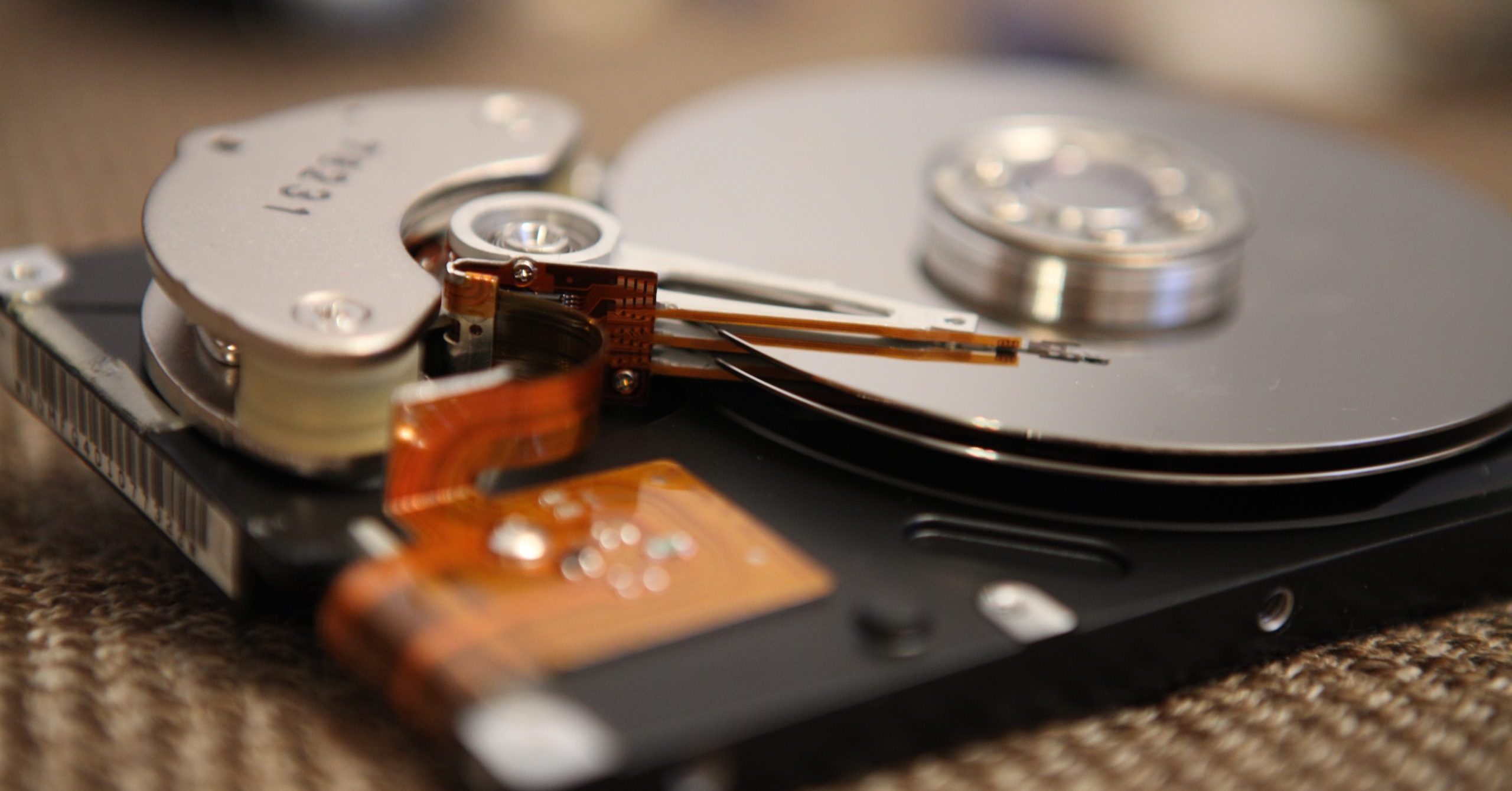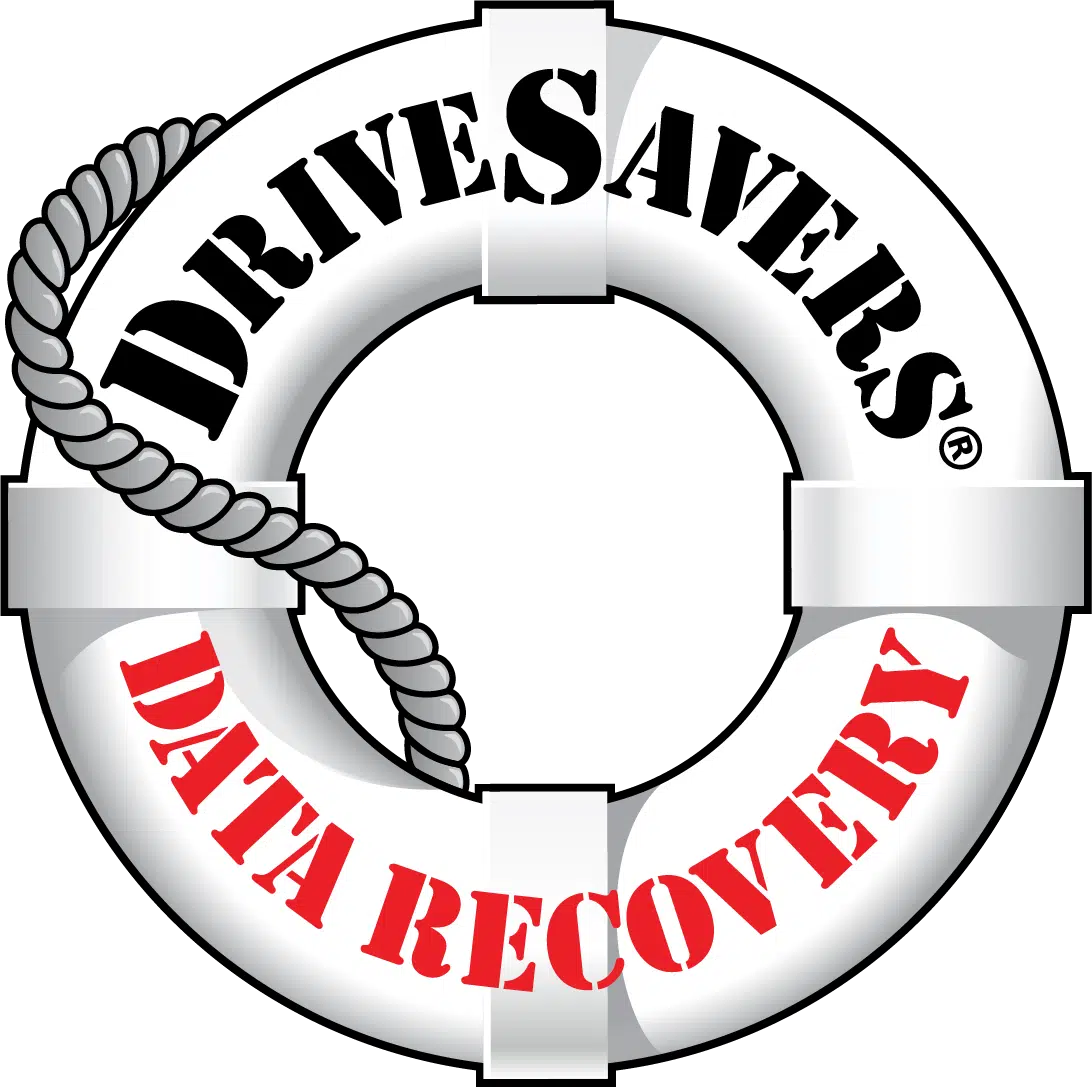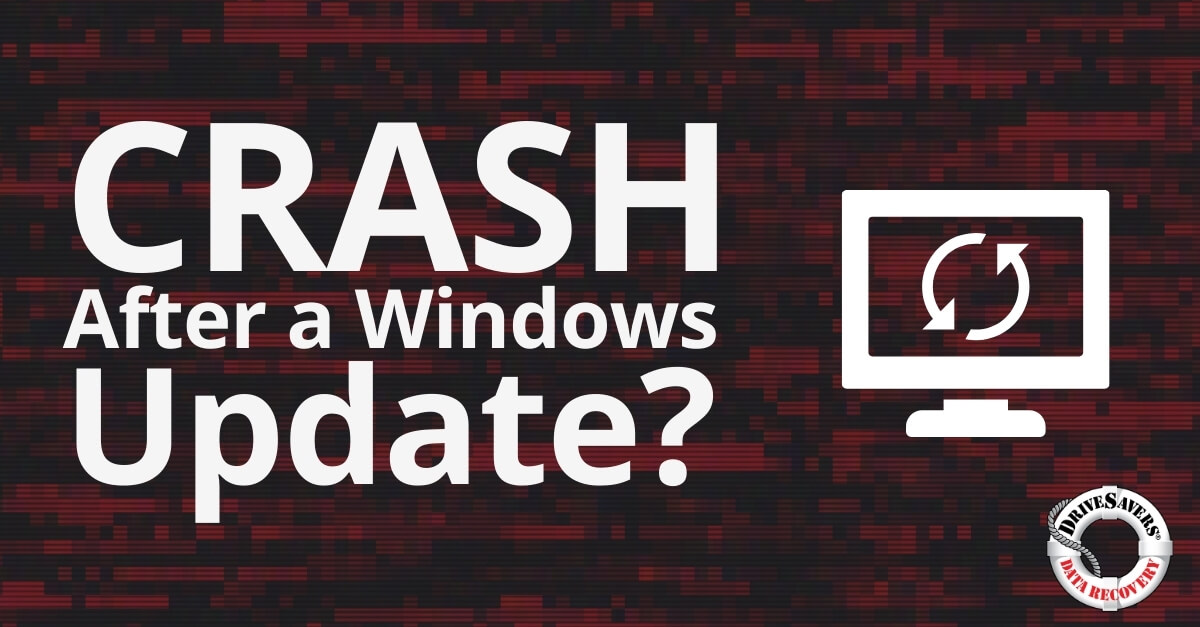Discover how DriveSavers recovered precious photos from Kate Grinberg's failed external hard drive.
What are the Different Types of Data Recovery Services?

Author Anthony T. Hincks once said, “Make sure that you always have the right tools for the job. It’s no use trying to eat a steak with a teaspoon and a straw.”
Have truer words ever been spoken?
Imagine setting out to eat a steak with a teaspoon and a straw. Before you lies a delicious, juicy steak, seasoned and grilled to perfection. But you can’t eat it properly, because you don’t have the right utensils.
Every task in life, whether you’re changing a tire, cleaning the bathroom or repairing a hard drive requires a set of specific tools. Even if the only tool required is knowledge, without it you can’t do a good job.
There are many different kinds of data storage devices, and those different types of data require different recovery services. So when it comes to data repair or recovery, the right tool—especially the know-how—is extremely important.
Bottom line: you can’t fix a hard drive the same way you fix optical media. There are different types of data recovery services based on the type of storage/media you’re working with. And if you don’t know that, you risk damaging your hardware permanently and losing your data.
Hard Drive Recovery
Hard drive recovery is probably the most common type of data recovery, simply because you interact with hard drives every day. Desktops, laptops, DVRs and cars all use hard drives. And hard drive storage capacity has grown quite a bit from 1956 when IBMs first hard drive weighed more than a ton and boasted a whopping 5 megabytes of data capacity. So when your two terabyte external hard drive fails, you have a lot to lose.
Because we rely on them so heavily, backing up your hard drive is the best defense against a hard drive failure. With a back up, a hard drive failure becomes less of an emergency. If you do experience a hard drive failure, and you haven’t backed up your information, you’ll be tempted to search for a solution on the internet. There are many dangerous myths about hard drive recovery from freezing your hard drive to buying expensive software—all of which you should ignore.
Instead, find a hard drive recovery service. The best data recovery services have the tools and techniques to get your data back safely. So let the professionals do their job, and don’t attempt to repair a hard drive yourself!
Tape Recovery
You may not have been aware that tape is still used as a backup storage medium. For businesses that are required by law to keep huge amounts of data for long periods of time, cloud storage is simply not feasible. Transportable and durable in the long-term, tape is the least expensive and most reliable method for organizations like hospitals, law firms or accounting groups who need to store records that will likely never be accessed.
But even tape isn’t foolproof. Damage to the physical hardware or data corruption is always a possibility. And between the gigantic storage capacity and legal obligations, when tape fails there’s quite a bit at stake. You may find software that claims to recover data from tape, but if you don’t have the knowledge and skill, you risk permanently losing the data. Rather than a dangerous do-it-yourself solution, find the best data recovery company that specializes in tape recovery, and let them take over.
Optical Recovery
CDs and DVDs—anything written with a laser—are considered optical storage. Most often, optical media gets scratched or physically altered in some way, preventing the data from being read.
Back in the day when CDs and DVDs were state-of-the-art, you probably tried a few at-home methods to revive scratched or damaged disks. These days if you have CDs or DVDs, they probably contain old irreplaceable photos, home movies or maybe your favorite live music recording from the ‘90’s.
That data is precious, so no… you shouldn’t wash damaged optical media with soap and water, clean it with toothpaste or rub it with Chapstick! There’s a better way to recover those memories. Using data recovery services that focus on optical storage gives you the best chance at a positive outcome. Their expertise and specialized tools will have you listening to your favorite ‘90’s jams in no time!
Removable Recovery
Any form of storage you can take with you, meaning not installed in your computer, phone or other devices, is considered removable. This includes flash drives, SD cards, floppy disks and more.
Removable recovery usually has a small storage capacity due to its size, but as we know from every spy movie ever, the smaller the storage device the more important the data. These tiny pieces of hardware are susceptible to physical damage, viruses and human error like accidentally overwriting data. If you have a removable disk failure, consult one of the many data recovery services that deal with removable recovery to get your information back.
Digital Recovery
Digital recovery applies to devices that have built-in storage like cameras, smart appliances, printers, digital picture frames and more. Your home and office is probably filled with these devices, whether you realize it or not.
When their memory fails, there are ways to recover your data, but because of the sensitivity of these devices you should not try on your own. Use a hard drive recovery service to ensure the best possible result in the event of a digital storage failure.
When storage media fails, most people, regardless of their level of expertise, want to at least try to fix the problem themselves. Don’t! You wouldn’t eat a steak with a spoon, so whether it’s a hard drive or a digital media device, hiring data recovery services who have the proper knowledge and tools is your best bet for getting your data back.



